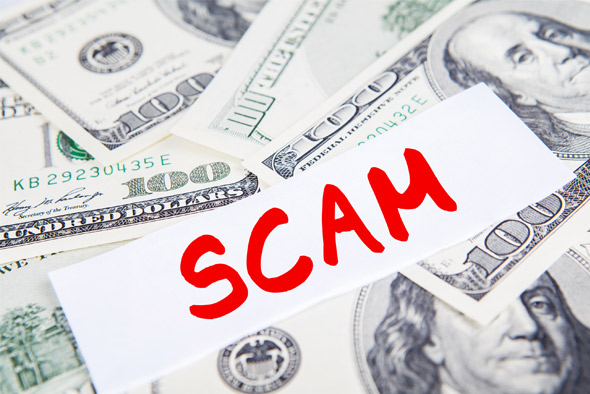
Inheritance Scam
Financial Series

It’s a dream come true! You’ve inherited a large sum of money from a long lost relative who died suddenly in a foreign country, often in Africa. All you need to do its pay a small fee and you’ll get the money. This is the set up for a type of scam that the U.S. State Department calls Advance Fee Scams or 419 fraud. In Nigerian law, where this type of scam originated, section 419 deals specifically with advance fee scams. Now, inheritance scams can originate from just about anywhere in the world.
Inheritance scams are one type of advance fee scam where the victim is asked for money before they can collect the money. Usually a letter or email is sent to a group of people with the same last name, or those on a list of email addresses purchased by the scammers. They often pose as lawyers or barristers and the stories and methods they use are constantly changing and evolving, but they all ask for money in advance. They may also try to get your personal information to target your bank account or identity.
To protect yourself from this scam, never respond to these types of emails or letters, no matter how legitimate they may look. Thieves can copy logos and design their messages to look authentic, so you can’t go by looks alone. If you are part of an actual estate settlement, you will be contacted by a real lawyer, executor or estate professional who will never ask for a fee up front.
If you get a lot of spam emails chances are good that you could be targeted by inheritance scammers. Use the spam filter on your email program to help stop them from being delivered to your mailbox.
If the email or letter looks as if it is from a company, attorney, executor or an individual trying to locate relatives, you can check with the Better Business Bureau to see if they are legitimate. Letters you receive in the mail can also be reported to your local Postmaster or Postal Inspection Service. You can also find help from the Attorney General’s office in the state where you live.


